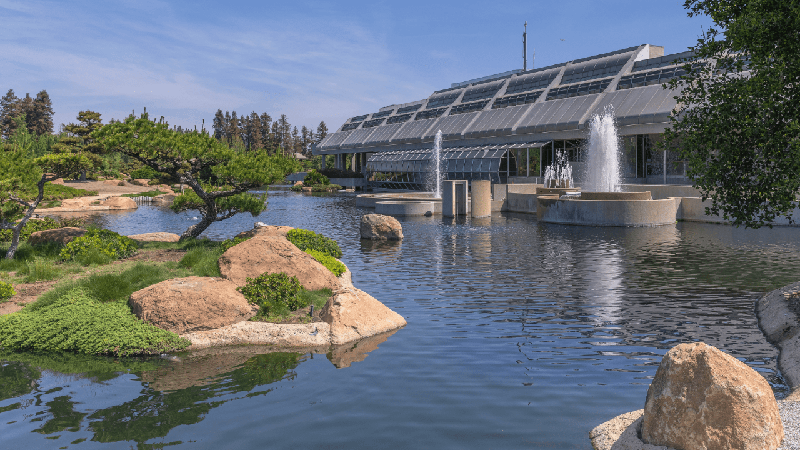Sacramento Region Big Day of Giving is May 1, 2025. Learn More.
With the state coming up short with conservation, governor proposes adding to the water supply.

Increasing water recycling is one way to increase the state's water supply, a new report says. Gerry Matthews, Shutterstock
With more than 97 percent of California remaining in at least “severe drought” conditions, according to the U.S. Drought Monitor, and the state’s seemingly endless water crisis showing no signs of letting up, Gov. Gavin Newsom is now talking about increasing the state’s water supply.
In May, Newsom urged increased water conservation measures throughout the state, and warned that increased water-use restrictions may be on the way—10 months after calling for Californians to voluntarily cut their water consumption by 15 percent. That didn’t happen. Instead, urban and suburban areas actually stepped up their water use by 19 percent in March 2022, and in July water consumption was down less than four percent compared to 2020.
So on August 11, speaking on the site of a planned water desalination plant currently under construction in Antioch, in Contra Costa County, Newsom announced a new approach—more water.
“So much of the water conversation in this state has been about conservation, a scarcity mindset,” Newsom said at the April 11 press conference. “But that’s a relatively small component of the overall strategy we are introducing here today. What we are focusing on is creating more supply. We are focusing on creating more water.”
A 19-page report titled “California’s Water Supply Strategy, Adapting to a Hotter, Drier Future,” released by Newsom, lists four major measures to boost the water supply—which the report notes is projected to decline by 10 percent over the next 18 years due to factors attributable to the changing climate.
How To ‘Create More Water’
The four steps highlighted by the report are:
Newsom Rages at ‘Regulatory Thickets’
At his press conference April 11, Newsom expressed anger at state red tape that he said prevents and delays needed water projects from happening. The new strategy outlined in the report involves hacking away at much of what Newsom called the “regulatory thickets” that he said stand in the way of taking measures to increase the water supply.
“The time to get these damn projects is ridiculous. It’s absurd. It’s reasonably comedic,” Newsom said.
As one example, the new report notes that simply upping the amount of recycled water isn’t enough—the state needs a plan for where to put that water once it’s ready to re-enter the state supply. The plan says that regulations need to be rewritten to guarantee that recycled water can be safely channeled back into homes and businesses.
The Infrastructure Investment and Jobs Act—more popularly known as the Bipartisan Infrastructure Bill—passed by Congress in November of 2021, includes $1 billion in new federal funds for water reuse in the western United States. The bill also allocates $1.15 billion for new water storage, of the kind called for in Newsom’s new plan—as well as $250 million to research new desalination projects.
The report promises that in 2023, the State Water Board “will establish direct potable reuse regulations that allow suppliers to distribute recycled water without first putting it into a reservoir or aquifer.”
According to the report, recycling one acre-foot of water costs about $15,000. To meet the goal of adding 1.8 million acre-feet of recycled water to the state’s supply by 2040 would require a combined local, state and federal investment of $27 billion, the report states.